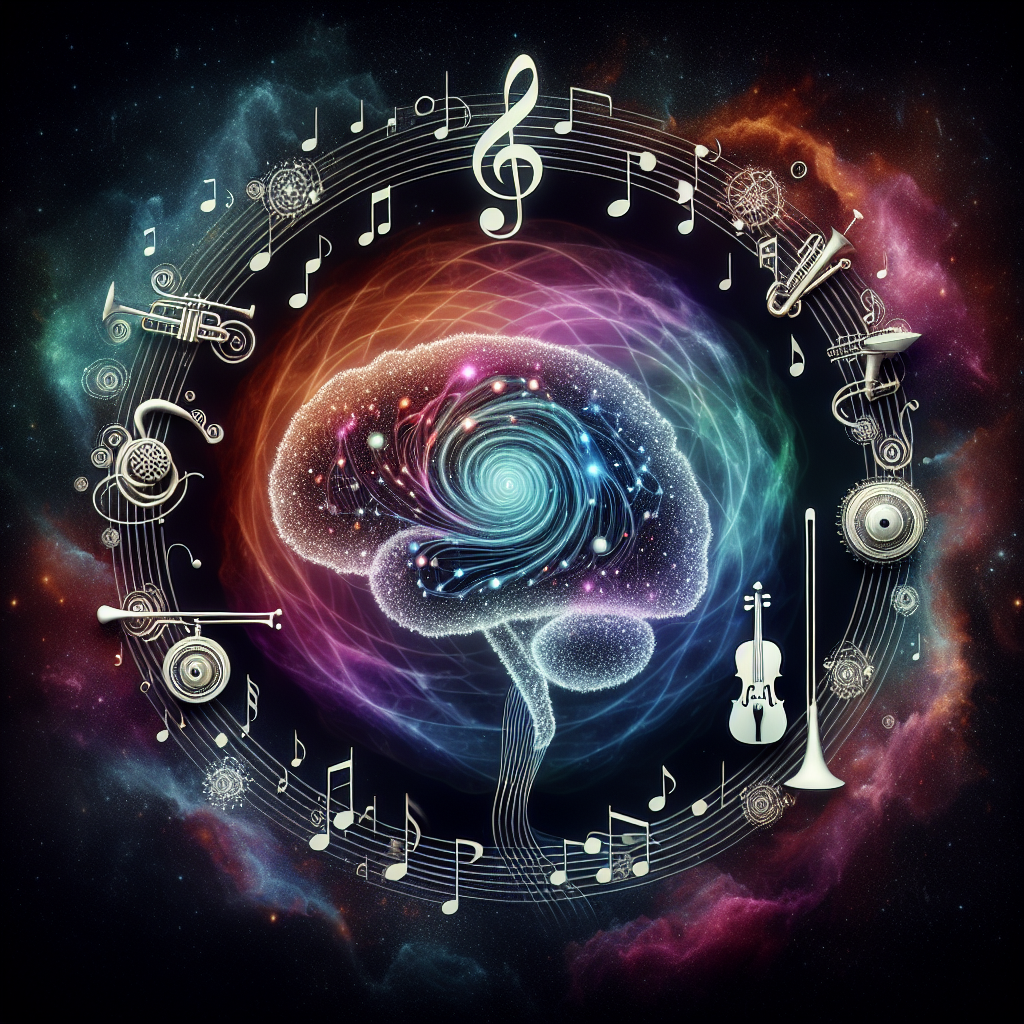The Aesthetics of AI-Generated Music
Artificial intelligence (AI) has revolutionized many industries, and the world of music is no exception. AI-generated music is becoming increasingly popular, with many artists, producers, and music lovers embracing the unique sounds and compositions that AI can create. The aesthetics of AI-generated music are a fascinating topic, exploring the intersection of technology, creativity, and human emotion.
AI-generated music is created using algorithms that analyze vast amounts of data, such as existing music tracks, to generate new compositions. These algorithms can mimic the patterns, styles, and structures of human composers, creating music that can be indistinguishable from human-created music to the untrained ear. However, AI-generated music also has its own distinct aesthetic qualities that set it apart from traditional music.
One of the key aesthetics of AI-generated music is its ability to explore new sonic landscapes and push the boundaries of traditional music genres. Because AI algorithms can process and analyze vast amounts of data quickly, they can create music that combines elements from multiple genres, styles, and eras. This can result in music that is truly unique and innovative, breaking free from the constraints of human creativity.
Another aesthetic of AI-generated music is its ability to create complex, intricate compositions that may be difficult for human composers to replicate. AI algorithms can generate music that is highly detailed, with layers of harmonies, melodies, and rhythms that can be both mesmerizing and challenging for listeners. This complexity can create a sense of depth and richness in the music that can be both intellectually stimulating and emotionally engaging.
Furthermore, AI-generated music can also evoke a sense of nostalgia or familiarity, even though it is completely original. Because AI algorithms can analyze existing music and generate new compositions that are inspired by these sources, AI-generated music can often sound like it belongs to a specific genre or time period. This can create a sense of nostalgia or comfort for listeners, as they may be reminded of music that they love or grew up listening to.
In addition, the aesthetics of AI-generated music also raise interesting questions about the nature of creativity and authorship in music. While AI algorithms can create music that is complex, innovative, and emotionally engaging, some may argue that AI-generated music lacks the human touch and emotional depth that can be found in music created by human composers. Others may argue that AI-generated music is a new form of creativity that challenges traditional notions of authorship and originality in music.
Despite these debates, the aesthetics of AI-generated music continue to captivate audiences and inspire new approaches to music creation. As technology continues to advance and AI algorithms become more sophisticated, the possibilities for AI-generated music are endless. Whether it is creating music that pushes the boundaries of traditional genres, evokes a sense of nostalgia, or challenges our notions of creativity, AI-generated music is a testament to the power of technology to revolutionize the world of music.
FAQs
Q: Can AI-generated music replace human composers?
A: While AI-generated music can create complex and innovative compositions, many believe that it cannot replace the emotional depth and human touch that human composers bring to their music. AI-generated music is a tool that can assist human composers in their creative process, but it is unlikely to completely replace them.
Q: How can I differentiate between AI-generated music and human-created music?
A: It can be difficult to differentiate between AI-generated music and human-created music, as AI algorithms are becoming increasingly sophisticated. However, some listeners may be able to identify AI-generated music based on its unique aesthetic qualities, such as its complexity, innovation, and ability to blend multiple genres and styles.
Q: Are there ethical concerns surrounding AI-generated music?
A: There are ethical concerns surrounding AI-generated music, particularly in terms of copyright and intellectual property rights. Some may argue that AI algorithms that analyze existing music to create new compositions may infringe on the rights of the original creators. It is important for artists, producers, and listeners to be mindful of these ethical concerns and to ensure that proper credit is given to the creators of the music.
Q: How can I incorporate AI-generated music into my own creative projects?
A: There are many ways to incorporate AI-generated music into your own creative projects. You can use AI algorithms to generate music for films, video games, commercials, and other multimedia projects. You can also collaborate with AI-generated music creators to produce original compositions that blend human creativity with AI technology. The possibilities are endless, so don’t be afraid to experiment and explore the world of AI-generated music.

